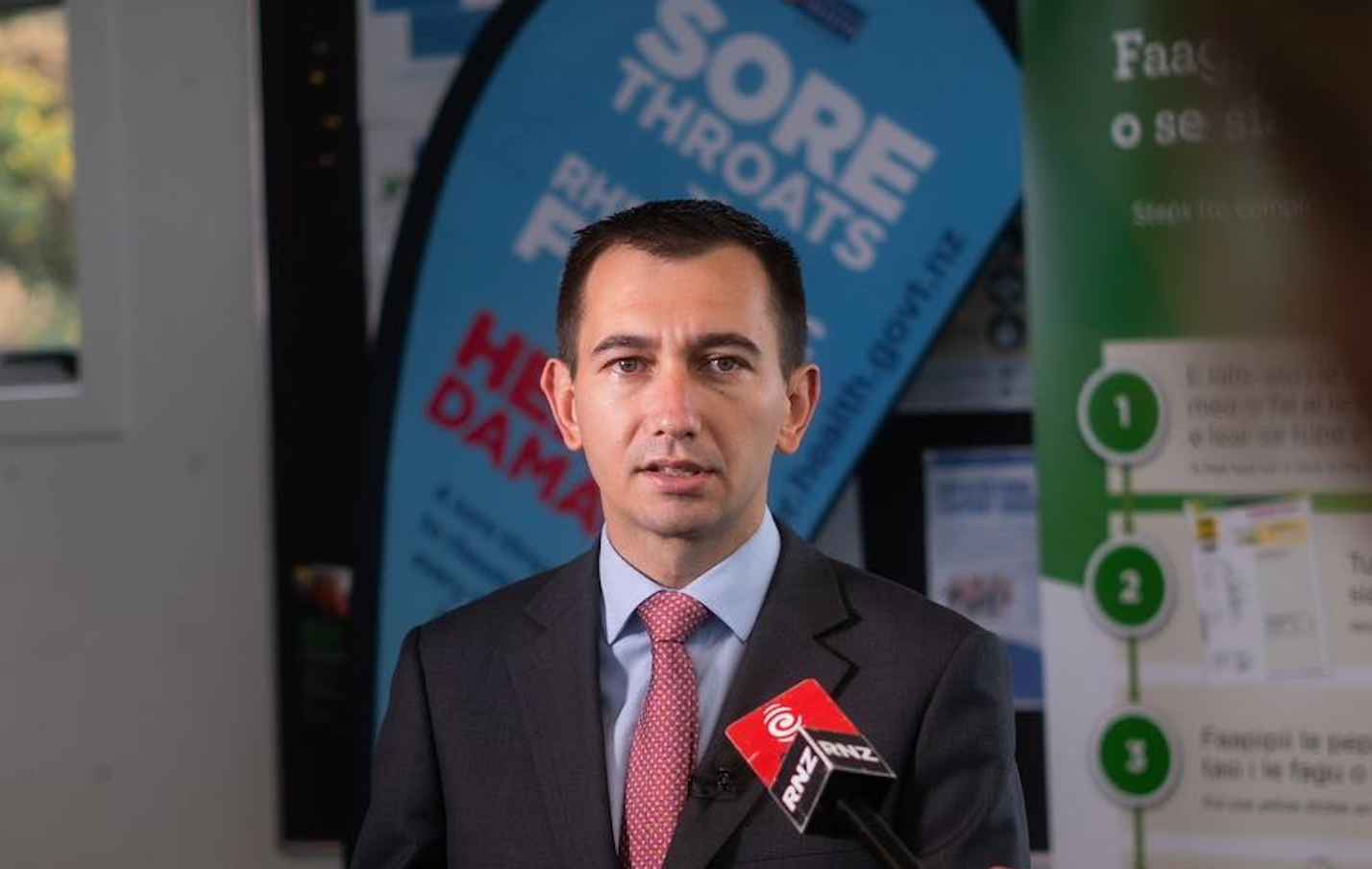- The Government is increasing medical school placements to train more New Zealand doctors.
- Funding will support graduate doctors and nurses in primary care settings across the country.
- A new 24/7 digital healthcare service will improve access to medical consultations.
The Government has announced a major package aimed at tackling doctor and nurse shortages and improving access to primary healthcare services. Health Minister Simeon Brown confirmed new initiatives to increase medical school placements, support graduate doctors and nurses in primary care, and introduce a 24/7 digital health service.
“I am focused on ensuring Kiwis have better access to primary care services, and strengthening our health workforce is a key part of that,” Mr Brown said.
Medical school placements will increase by 25 each year, bringing the total number of extra places to 100 by 2026. The additional placements will be shared between the University of Auckland and the University of Otago. This will raise the first-year medical school enrolment cap to 639 annually.
A further initiative will allocate $23.3 million over four years to create a funded primary care training pathway for New Zealand-trained graduate doctors. This will support up to 50 graduates per year in primary care settings from 2026. Mr Brown emphasised the importance of training local doctors to ensure a sustainable workforce.
The Government is also taking steps to strengthen the nursing workforce. Cabinet has agreed to increase the number of training places for nurse practitioners specialising in primary care to 120 annually, alongside funding for up to 120 registered nurses to pursue advanced education.
“The Government will invest $34.2 million over five years to fund 120 nurse practitioner training places in primary care each year from 2026,” Mr Brown said.
Additionally, $21.6 million will be allocated over four years to accelerate tertiary education for primary care registered nurses. The aim is to allow more nurses to provide ongoing care, including issuing prescriptions, reducing pressure on GPs.
To further increase access to healthcare, the Government is also introducing new measures to attract overseas-trained doctors and graduate registered nurses into primary care.
“Today I am announcing 100 clinical placements for overseas-trained doctors to work in primary care,” Mr Brown said.
Funding will also support up to 400 graduate registered nurses per year in primary care roles for five years. General practices in rural areas will receive $20,000 per nurse, while those in urban areas will receive $15,000.
A new 24/7 digital healthcare service will provide all New Zealanders with online medical consultations with registered clinicians. This service will allow patients to access healthcare anywhere in the country, at any time, including the ability to receive prescriptions and referrals for lab tests.
Mr Brown also confirmed that Health New Zealand will deliver a $285 million funding increase for general practice over three years from 1 July 2025. This performance-based funding will incentivise practices to improve access, take on new patients, and meet key health targets such as immunisation rates.
“We know this additional funding will make a real difference in delivering the best health outcomes for New Zealanders,” Mr Brown said.
The Government remains committed to strengthening primary care services, reducing pressure on GPs, and ensuring New Zealanders have access to timely, quality healthcare.

